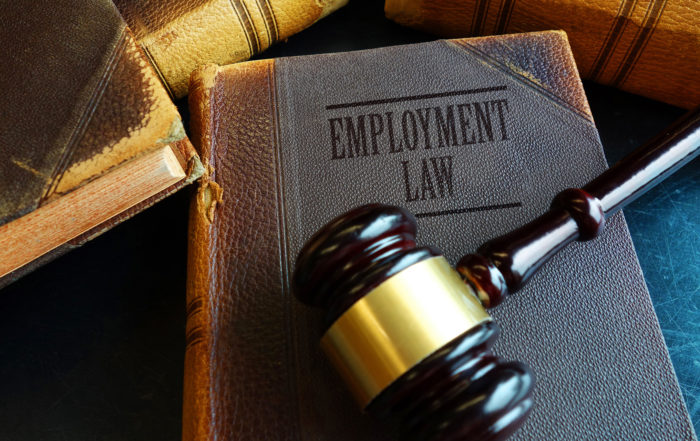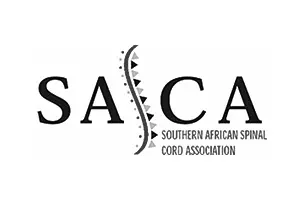Ruling Boosts US Tourist’s Legal Right
Die Burger
7 October 2006
Helen Bamford
Helen.bamford@inl.co.za
Ruling Boosts US Tourist’s Legal Right
Insurance: relying on indemnity clause ‘bad in law’
An American woman’s battle to claim damages from a tour operator after being seriously injured in an accident in one of their vehicles has been given a boost by the Supreme Court of Appeal.
Bonnie Lee Hircock, an assistant professor from Maryland, was badly injured when a driver of Drifters Adventure Tours CC crashed theor tour bus in Namibia in 1999 causing it to overturn.
The company admitted negligence, but tried to use an indemnity clause that Hircock had signed to waive any claim for damages.
Although she had arranged the tour from the US, she was obliged by the company to sign a form when she arrived in Cape Town which read: “I acknowledge that it’s entirely my responsibility to ensure that I am adequately insured for the above venture.
“I further absolve Drifters, their staff and management and affiliates of any liability whatsoever, and realise that I undertake the above venture entirely at my own risk.”
But the Cape High Court found there was no mention of either negligence or fault anywhere in the contract and declared Drifter’s reliance on the indemnity bad in law.
The company the appealed to the Supreme Court of Appeal which said in its judgement that Drifters was obliged in terms of the Cross Border Road Transportation Act 4 of 1998 to have a permit which required it to hold minimum passenger liability insurance.
It is said that the court heard evidence that this requirement was imposed for the good of passengers and generally for ensuring the health of the tourism industry and had met with general approbation from all carriers.
“Contracting out of this liability altogether would be so perverse that we cannot accept that the appellant would have done so,” the judges said and turned down the appeal.
Hircock’s attorneys, Malcolm Lyons and Tzvi Brivik, who specialises in personal injury and labour law, said it was a victory, not only for Hircock, but for all people forced to sign waivers by companies who tried to absolve themselves from legal actions for damages from incidents arising out of their own reckless, negligent or wilful conduct. They will now go back to the Cape High Court to claim damages.
Lyons has had personal experience of this from companies such as a car hire company which refused to rent him a car when he deleted the exemption clause in the contract and from gym, which refused him membership for the same reason.
He said waivers were generally weighted heavily against the consumer, although this could be changing.
Lyons said that the Department of Trade and Industry had published the Draft Consumer Protection Bill 2005 in which positive legislative steps were being taken to ensure that consumers affected by unfair contract terms were protected.
He said that one section provided that a transaction was unfair or unjust if it was excessively weighted in favour of any person other than the consumer, or the terms of the transaction were so adverse to the consumer as to be inequitable.
The current position on objections to the con/arb process
Con/arb process - The Commission for Conciliation, Mediation[...]
Out of time? Think again – The CCMA and its rules
By Lara Keil (Candidate Legal Practitioner) under the[...]
RAF’s lodgement requirements: Claimants further prejudiced
By Lara Keil (Candidate Legal Practitioner) under[...]














